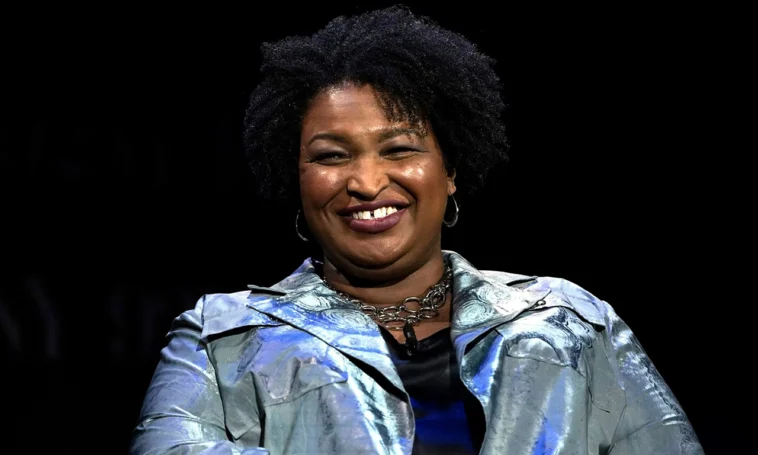Stacey Abrams: Critiques Against DEI are Attacks Against Democracy, Education, And Growth. Stacey Abrams, a two-time failed Democratic nominee for Georgia governor, has sparked controversy by claiming that “diversity, equity, and inclusion” (DEI) policies are essential to democracy, education, and the economy. During an MSNBC interview with Al Sharpton, Abrams warned that attacks on DEI initiatives are a threat to American democracy and progress.
Abrams, who previously denied the results of her first gubernatorial race, urged constant vigilance and engagement to protect democratic victories. She framed DEI policies as a crucial aspect of democracy, education, and economic progress, and characterized opposition to DEI as an attack on the American dream.
Her comments have sparked debate and criticism, with some labeling her views as “unhinged” and an overreach of progressive ideology. Abrams’ stance on DEI policies has drawn attention to the ongoing national conversation about the role of diversity initiatives in education and the workforce.
“We should be terrified of the person who wants to come back into the White House, strip us of our rights, rescind the economic progress we have made, and undermine the democracy that we hold to be so dear,” she said.
While Abrams’ supporters see her as a champion of social justice and equality, her critics argue that her views on DEI policies are overly ideological and divisive. Some argue that DEI initiatives can lead to reverse discrimination and undermine merit-based systems. Others see Abrams’ comments as an attempt to silence opposition and stifle free speech.
The controversy highlights the complex and often contentious nature of discussions around diversity, equity, and inclusion in the United States. DEI policies aim to promote representation, address systemic inequalities, and foster inclusive environments. However, their implementation and impact are subject to interpretation and debate.
Abrams’ comments also underscore the political polarization surrounding DEI issues. The political left often frames DEI policies as essential to addressing historical injustices and promoting social justice. The political right, on the other hand, sees DEI initiatives as an attack on traditional values, meritocracy, and free speech.
The debate raises important questions about the role of diversity initiatives in American society. How can DEI policies be implemented in a way that promotes inclusivity and equity without infringing on individual rights and freedoms? How can we balance the need to address systemic inequalities with the importance of merit-based systems and individual achievement?
Ultimately, the controversy surrounding Abrams’ comments highlights the need for nuanced and respectful dialogue around DEI issues. By engaging in open and honest discussion, we can work towards finding common ground and developing solutions that promote inclusivity, equity, and social justice for all.




Join the Community and Be a Part of the Conversation
You must be logged in or registered to post a comment.